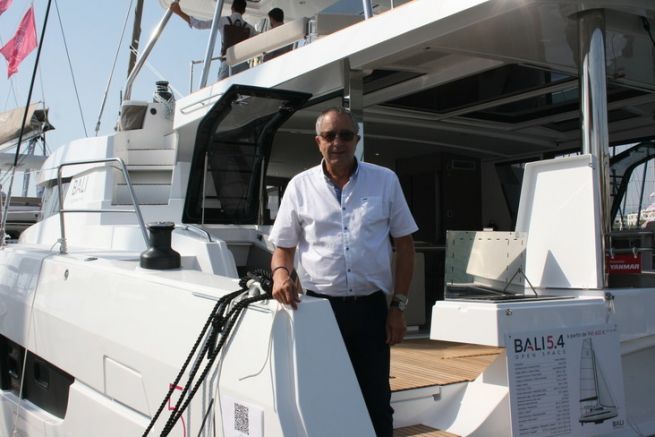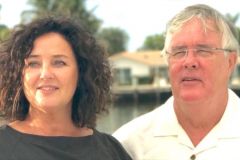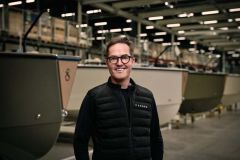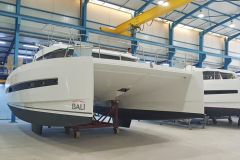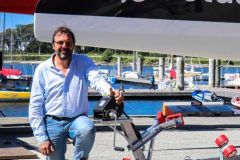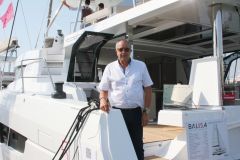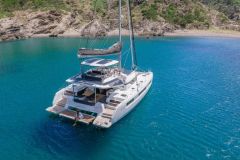Olivier Poncin, director of the Catana group, which includes the eponymous brand and the Bali catamarans, answers BoatIndustry's questions about the 2021 season and the industrial and technological perspectives.
What is the current situation of the Catana group, at the end of the 2021 season?
If I cannot yet deliver precise figures, the company being quoted on the stock exchange, I can say that we have reached our objectives, exceeding 180 boats. Bali Catamarans represents 88% of the activity. It has not been an easy year, especially in Tunisia where 25% of our boats are made. There was a reconfinement that made the traffic and deliveries complicated, but it is back in order. On August 31, we have a large commitment in terms of orders and we were reassured even before the shows.
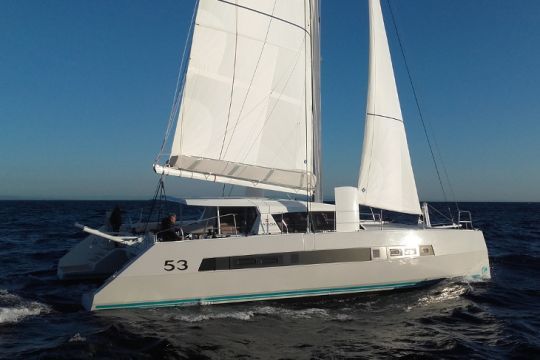
How is the order book doing?
Today the orders are for 2023. The coming year should be a good year with a growth of more than 25%. We have a visibility of 2 years and more than 100 boats sold in 2023.
How are you approaching the industrial aspect to cope with these increases in boat orders?
To do this, we are investing to optimize our production capacity. We are working on the organization. We are extending working hours by working in two shifts. We also have to hire, which is the hardest part. We need a hundred people in total.
There is also an increase in the cost of production, particularly because of raw materials. We expect a minimum increase of 15%. Mechanically, the price of boats will have to increase by +7 to 8%.
How have you been impacted by the difficulties in the rental market?
The boats sold well, but Bali, which used to sell 2/3 of its catamarans for charter, now sells only one third to charterers. But in the long term, the purchase by charterers will come back. They had a good season this year and they will need to change boats.
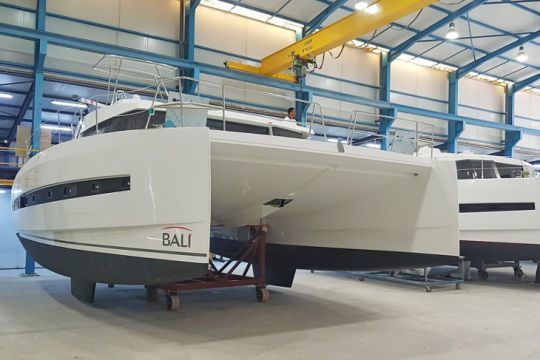
How do you approach environmental issues, such as boat propulsion or materials?
More than 10 years ago, we made our first electric boat, an electric Catana 50, at the request of a client. It is obvious that we need to look at this, but I believe that the technology is not yet mature enough. We will benefit from the research trends for the automobile to have autonomy. We need to get in line with the real industry. In the meantime, we are doing a lot of other things in the field. For a long time now, we have been making everything in a vacuum, without emitting styrenes in the workshop. We use fast-renewing wood for the joinery. We have also innovated with the BAMID system, which will be standard from the beginning of 2022, and which allows for the filtration of grey and black water by a bio-reactor.

